17th International Echinoderm Conference &
2nd International Hemichordate Meeting
15 – 19 July 2024.
Puerto de la Cruz, Tenerife
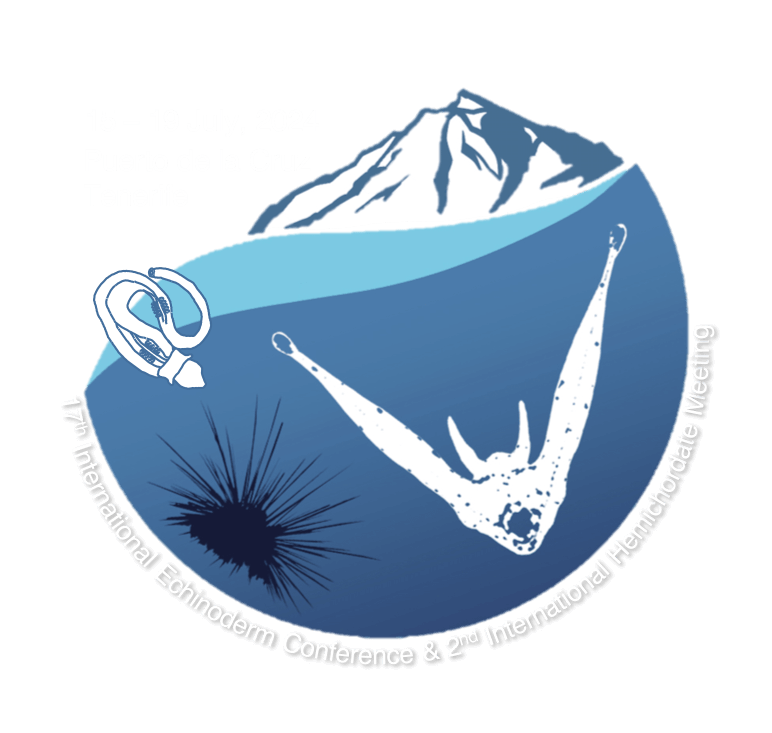
Dear colleagues,
After a long time, five years since the last IEC in Nagoya, we are very pleased to announce that the 17th International Echinoderm Conference will be held in Spain for the first time. For this special event, we have chosen the beautiful town of Puerto de la Cruz in Tenerife Island for sharing memorable moments with you. As you will notice during your visit the selection of this town is appropriate for many reasons, but above all there is abundant housing, it is well connected with European airports, and everything is within walking distance.
This will be a joint meeting with the 2nd International Hemichordate Meeting. The shared venue and program with the hemichordates research community will be a great opportunity to share ideas and insights about the origin and evolution of the Ambulacraria. Topics will include comparative morphologies and development, including dipleurula larvae, intriguing plesiomorphies, unusual fossils, and phylogenetic updates. We share common questions that will enrich the conference discussions.
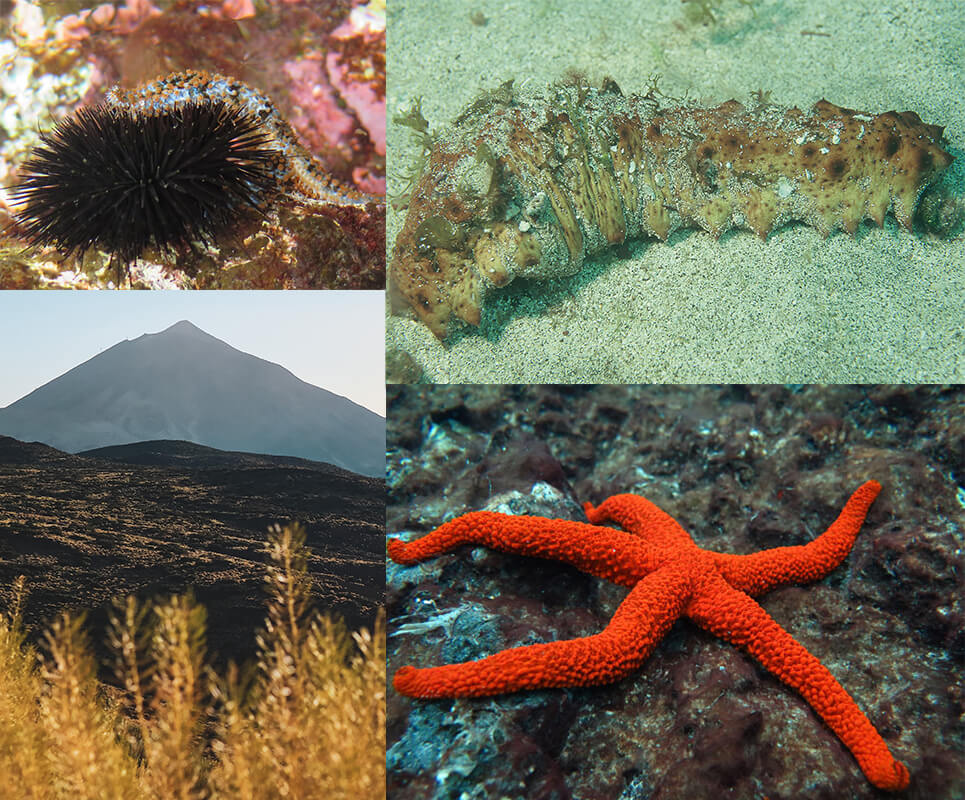
The central theme of the congress is “Echinoderms studies during uncertain times”. With this topic we want to acknowledge the need for positioning our work in the unprecedented period we are living. We are facing multiple crises at the same time related to biodiversity loss, climate change, natural resources scarcity and human health. During these uncertain times we, humans, should rethink the way in which we relate to and value nature. The echinoderm and hemichordate communities have an important role in these emergencies, from local biodiversity studies to genetic adaptation of organisms to climate change. We need to understand the magnitude of our impact across scales, from molecule to communities, and provide knowledge that can be part of the solution.
Plenaries have been planned according to the central theme of conference. The talks will cover the genomic adaptation of echinoderms under climate change scenarios, sustainable aquaculture to provide food to developing countries and to avoid overfishing of natural stocks, the extraction of echinoderm derivate products for human health, among other interesting questions.
COMMITTEES
Organizing Committee
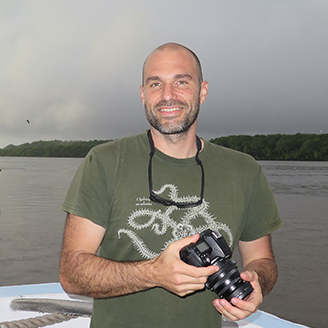
José Carlos Hernández
Universidad de La Laguna
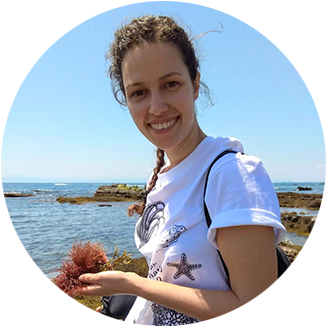
Beatriz Alfonso Hdez.
Universidad de La Laguna
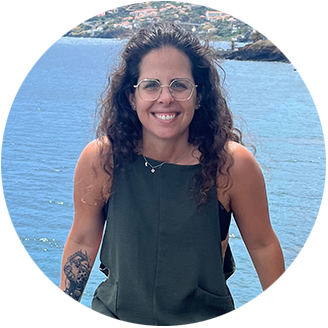
Sara González-Delgado
Universidad de La Laguna
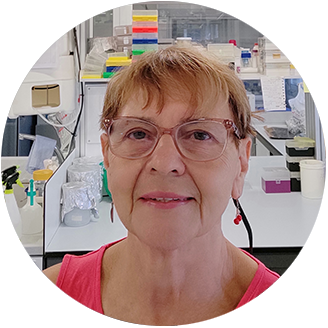
Nieves González
Universidad de Las Palmas de Gran Canaria
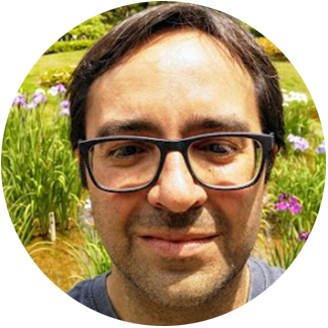
Celso A. Hernández
Universidad de La Laguna
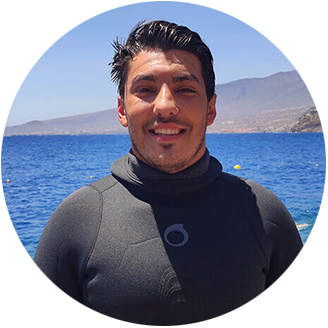
Andrés Rufino
Universidad de La Laguna
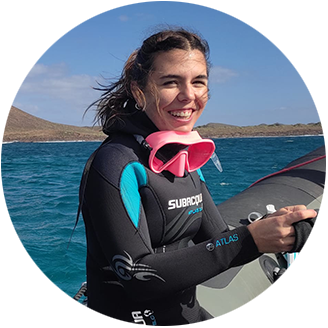
Marina Aliende
Universidad de La Laguna
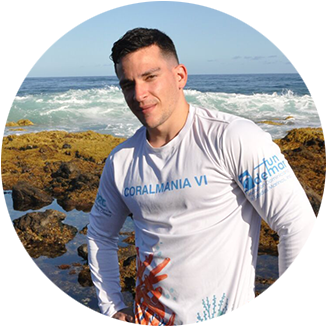
Iván Cano
Universidad de La Laguna
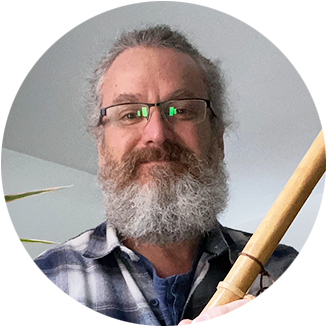
Christopher Cameron
Université de Montréal
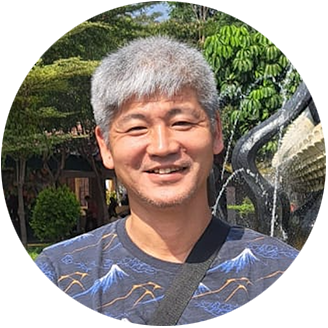
Kuni Tagawa
Hiroshima University
Scientific Committee
Andreas Kroh, Naturhistorisches Museum Wien, Austria
Bernat Hereu Fina, Universitat de Barcelona, Spain
Bertrand Lefebvre, Université Claude Bernard Lyon, France
Christopher Cameron, Université de Montreal, Canada
Daisuke Fujita, Tokyo University of Marine Science and Technology, Japan
Francisco Solis-Marin, Universidad Nacional Autónoma de México, Mexico
Harilaos Lessios, Smithsonian Tropical Research Institute, Panamá
José Carlos Hernández, Universidad de La Laguna, Spain
John Keesing, Indian Ocean Marine Research Centre, Australia
Juan José Alvarado, Universidad de Costa Rica, Costa Rica
Justin McAlister, College of the Holy Cross, United States
Kuni Tagawa, Hiroshima University, Japan
Maria Byrne, University of Sydney, Australia
Mercedes Wanguemert, Wanguemert Fisheries Management & Aquaculture SLU, Spain
Michael Russell, Villanova University, United States
Miles Lamare, University of Otago, New Zealand
Nieves González, Universidad de Las Palmas de Gran Canaria, Spain
Rocío Pérez-Portela, Universitat de Barcelona
Romana Santos, University of Lisbon, Portugal
Sam Dupont, University of Gothenburg, Sweden
Samuel Zamora, Instituto Geológico y Minero de España (IGME – CSIC), Spain
Stacey Williams, Institute for Socio-Ecological Research, Puerto Rico
Tamara Rubilar, Universidad Nacional de la Patagonia San Juan Bosco, Argentina
Tatsuo Oji, Nagoya University, Japan
Thomas A. Ebbert, Oregon State University, United States
Toshihiko Fujita, National Museum of Natura and Science, Japan